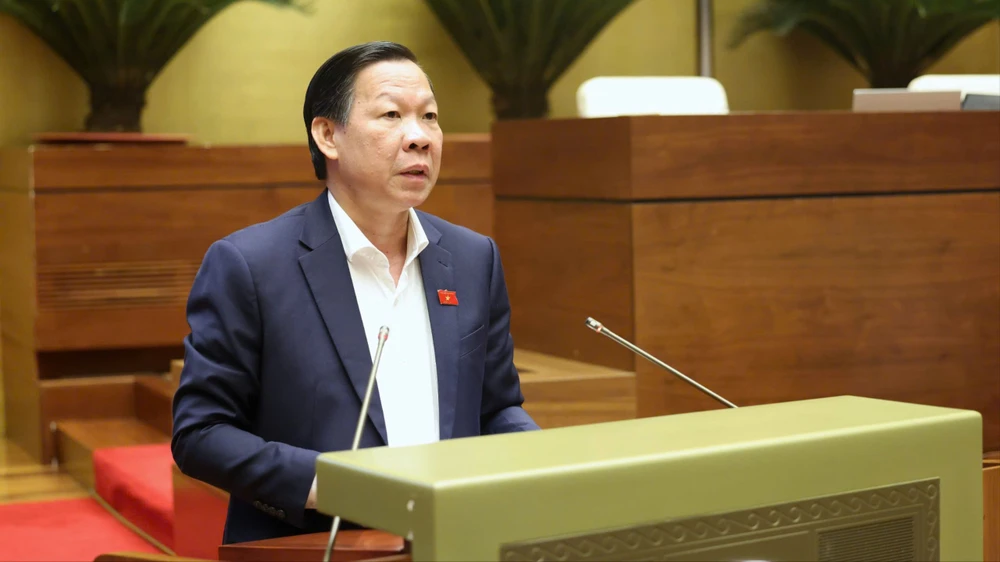
According to the report, accepting the opinions of National Assembly deputies, the National Assembly Standing Committee (NASC) agreed with the Government's proposal to revise the draft law in the direction of regulating air conditioners with a capacity of over 18,000 BTU to 90,000 BTU subject to special consumption tax (no tax is collected for air conditioners with a capacity of less than 18,000 BTU and over 90,000 BTU).
The report also said that the proposal to impose a tax on sugary soft drinks is the first step in the process of implementing solutions to limit the production and consumption of products containing a lot of sugar in food and beverages, contributing to the orientation of production and consumption.
This is one of the main causes of overweight, obesity and non-communicable diseases related to diet. Therefore, the Standing Committee of the National Assembly requests the National Assembly to keep the draft law as it is, and at the same time suggests that the Government continue to study international experience to consider the possibility of adding other products containing sugar to the list of products subject to special consumption tax.
Since this item has just been added to the taxable category, there needs to be an implementation roadmap so that businesses have time to adapt, adjust their production and business plans, and gradually switch to products with low sugar content. Therefore, the Standing Committee of the National Assembly agreed to revise the draft law in the direction of stipulating the implementation roadmap: from 2027, apply a tax rate of 8%, from 2028, apply a tax rate of 10%.
Regarding the authority to amend and supplement taxable and non-taxable subjects, the draft law is in the direction that: in case it is necessary to amend and supplement taxable and non-taxable subjects to suit the socio-economic context in each period, the Government shall submit to the Standing Committee of the National Assembly for consideration, decision and synthesis into the Government's report, and report to the National Assembly at the nearest session.
Regarding the non-taxable objects, which are exported goods that are returned by foreign parties and must be re-imported into Vietnam, the Standing Committee of the National Assembly believes that, in principle, goods exported abroad are not subject to special consumption tax, so when re-imported into Vietnam, special consumption tax must be applied similar to other imported goods.
However, in the case of goods sold through a trading enterprise for export, the seller (manufacturing enterprise or importing enterprise) has to pay special consumption tax. Therefore, if the goods continue to be taxed upon import due to being returned by the customer, these goods will be taxed twice.
In order to avoid double taxation of the same product, the Standing Committee of the National Assembly revised this content to clearly stipulate that "goods exported abroad for which special consumption tax has been paid and returned by the foreign side upon import" are not subject to tax.
Regarding the non-taxable objects of goods imported from abroad into bonded warehouses and then exported to other countries, the draft law has removed the provision of not collecting tax on goods brought into duty-free zones of the current law. Accordingly, even goods imported into bonded warehouses for the sole purpose of sending, transiting and then exporting to other countries are also subject to special consumption tax. This is not consistent with the principle that special consumption tax is only levied on goods consumed in Vietnam.
Therefore, the Standing Committee of the National Assembly adds these objects to the list of non-taxable goods similar to other transit goods and makes corresponding adjustments (transit goods according to the provisions of the law on commerce and foreign trade management; goods in transit; goods imported from abroad into bonded warehouses and then exported to other countries according to the provisions of customs law).
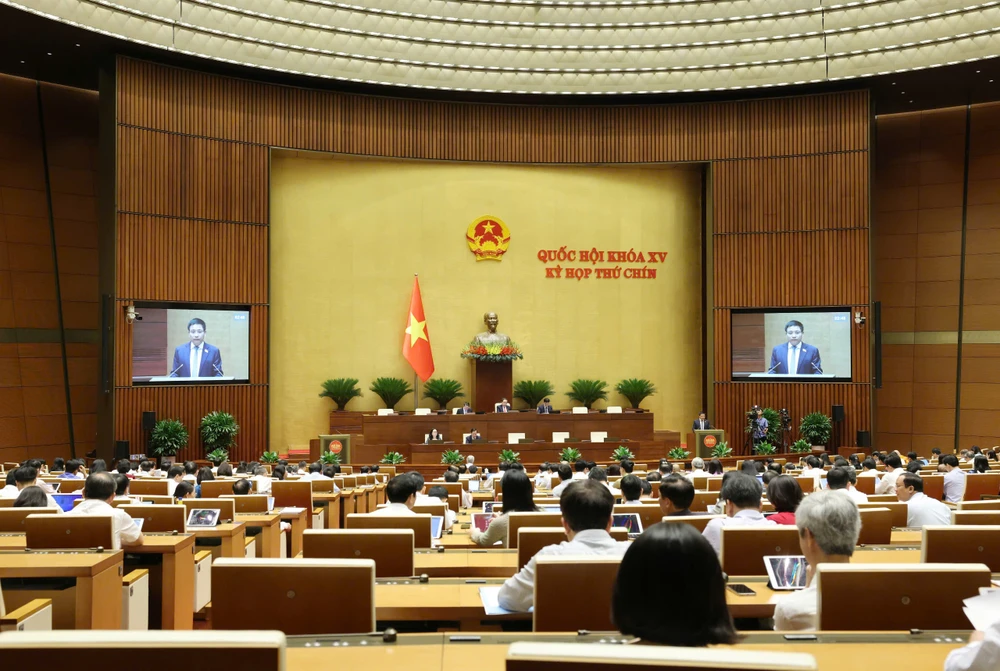
Regarding pick-up cars, the draft law submitted to the National Assembly at the 8th session has increased the tax rate for this type of car to 60% of the special consumption tax rate applied to cars with less than 9 seats and the corresponding capacity. However, in the current conditions, this regulation may significantly affect the production and business activities of enterprises as well as the investment environment in Vietnam.
Therefore, the Standing Committee of the National Assembly agreed to revise the draft law in the direction of stipulating a 3% annual tax increase and starting to apply from 2027 for pick-up vehicles (reducing the tax rate increase and extending the tax increase implementation roadmap compared to the draft law submitted to the National Assembly).
The report also stated that the draft law submitted to the National Assembly at the 8th session proposed two options for tax increases and proposed applying option 2, which is to increase taxes more thoroughly on alcohol, beer, and tobacco products. However, in the current socio-economic context, along with the growth target of 8% or more, the Government proposed applying option 1 with a lower tax rate than option 2 and starting from 2027.
Source: https://www.sggp.org.vn/thu-thue-tieu-thu-dac-biet-voi-may-dieu-hoa-tren-18000-btu-den-90000-btu-post794409.html


![[Photo] Prime Minister Pham Minh Chinh meets with Hungarian President Sulyok Tamas](https://vphoto.vietnam.vn/thumb/1200x675/vietnam/resource/IMAGE/2025/5/29/dbcaa73e92ea4448a03fe1d0de6d68e8)
![[Photo] Vietnamese and Hungarian leaders attend the opening of the exhibition by photographer Bozoky Dezso](https://vphoto.vietnam.vn/thumb/1200x675/vietnam/resource/IMAGE/2025/5/29/94d8ceca5db14af3bf31285551ae4bb3)
![[Photo] Prime Minister Pham Minh Chinh receives leaders of Excelerate Energy Group](https://vphoto.vietnam.vn/thumb/1200x675/vietnam/resource/IMAGE/2025/5/29/c1fbe073230443d0a5aae0bc264d07fe)



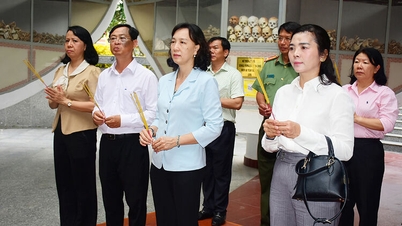

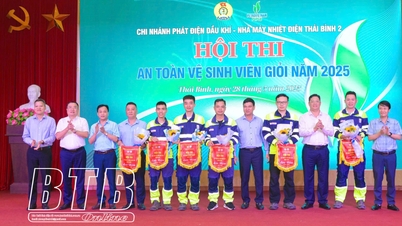

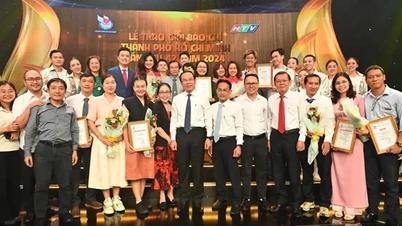
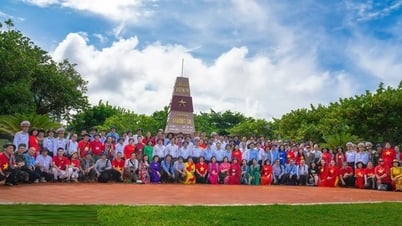

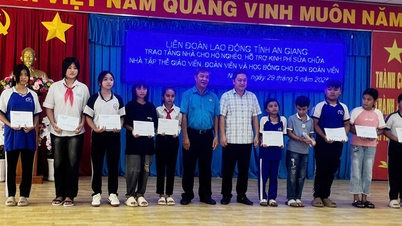
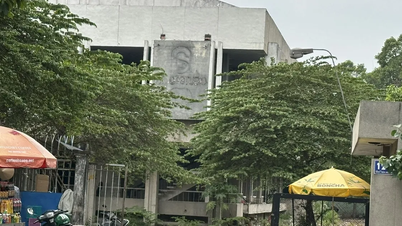





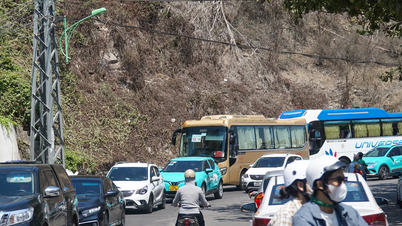
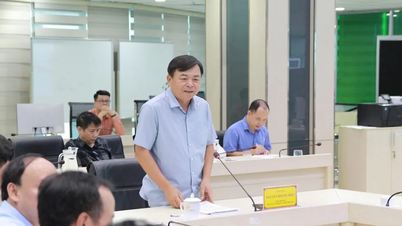
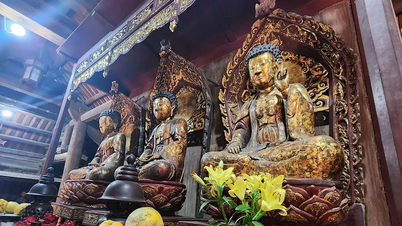
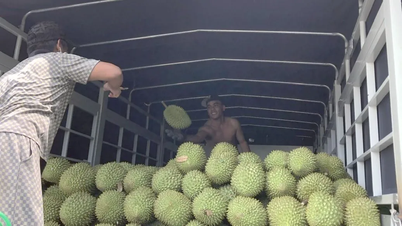
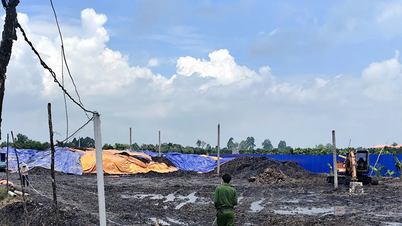






















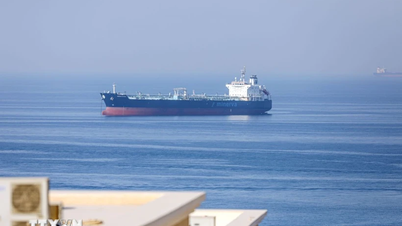




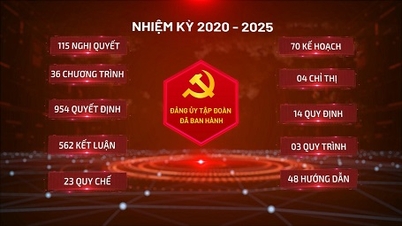


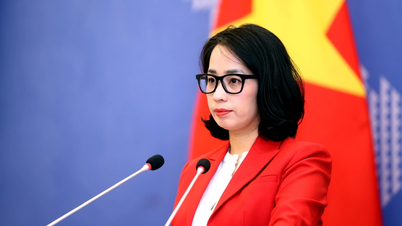



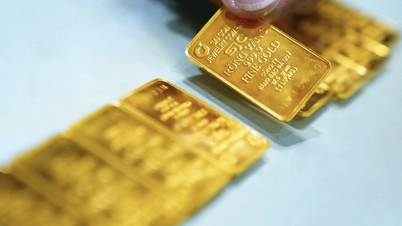



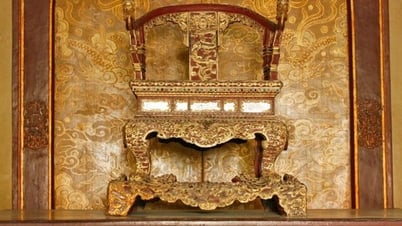
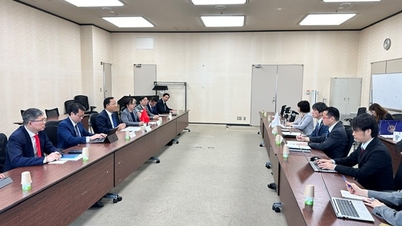

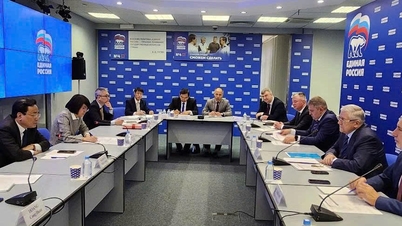

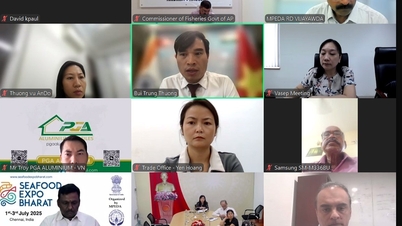

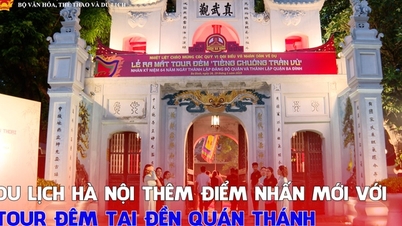



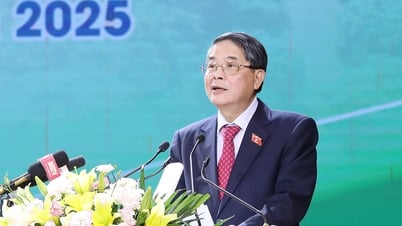








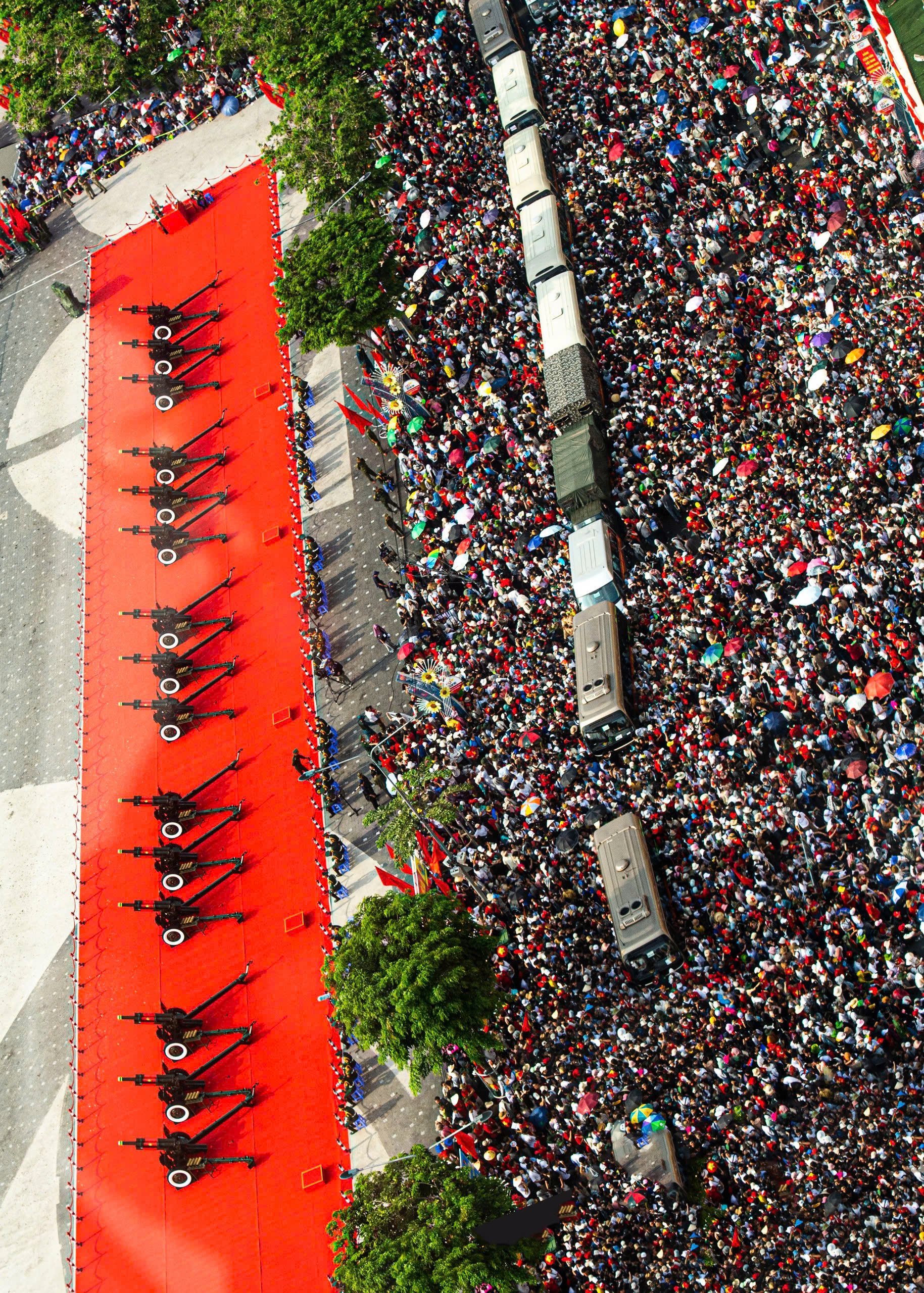



Comment (0)